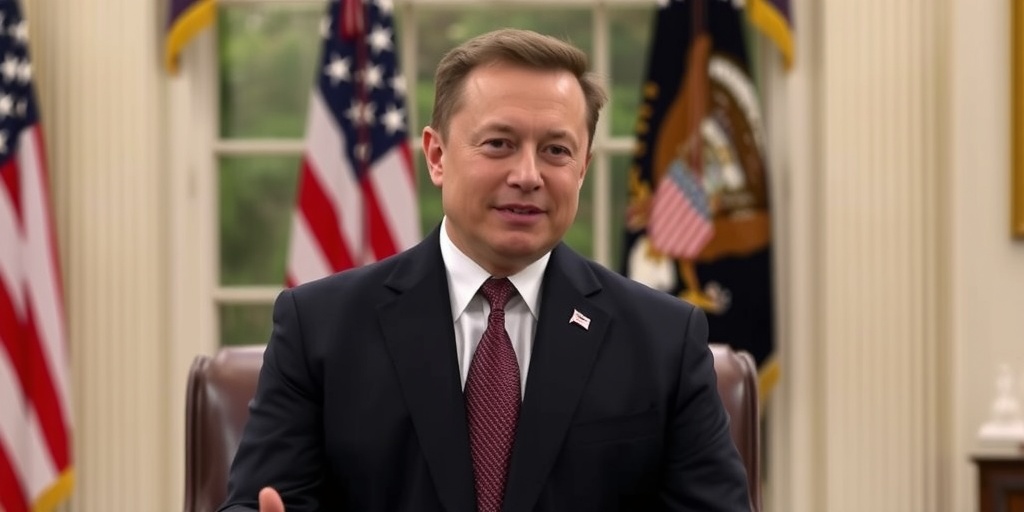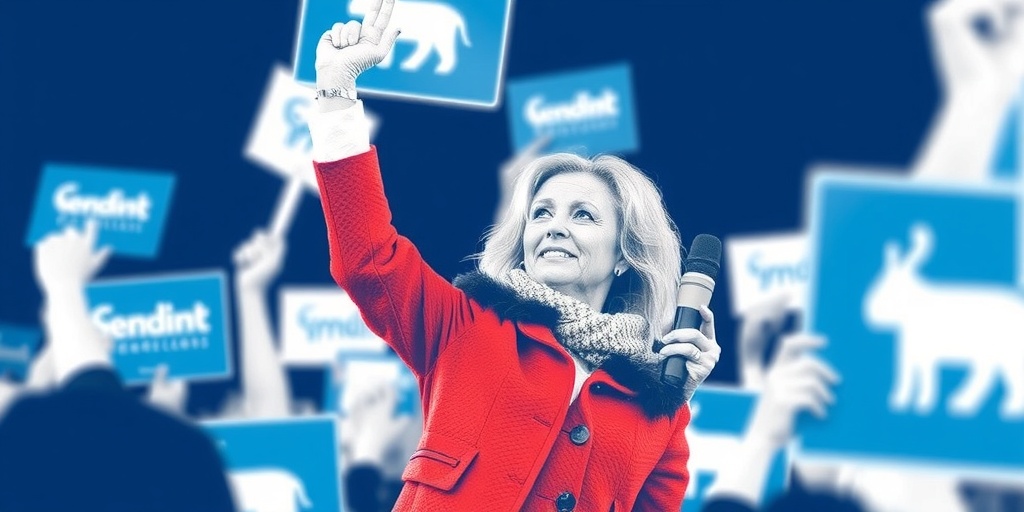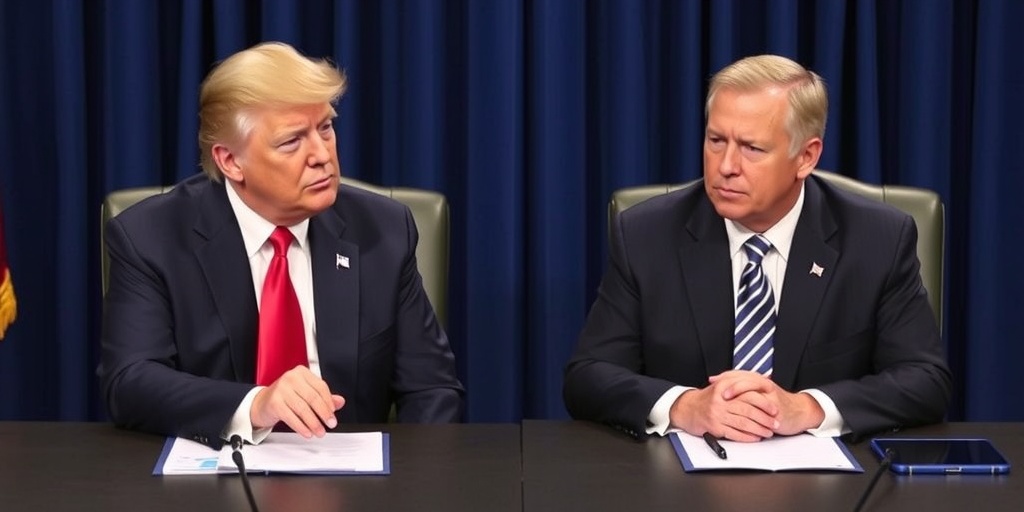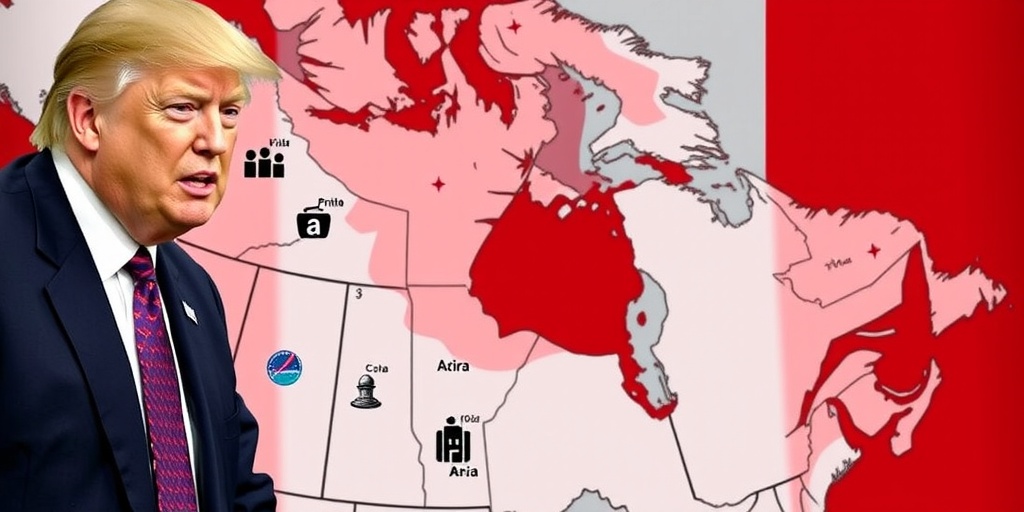Now Reading: Trump Pursues Business Ventures Amid Ongoing Conflicts in Golf, Mideast, and New York
-
01
Trump Pursues Business Ventures Amid Ongoing Conflicts in Golf, Mideast, and New York
Trump Pursues Business Ventures Amid Ongoing Conflicts in Golf, Mideast, and New York

In a recent Oval Office meeting led by President Trump, significant figures from the world of professional golf convened, including Jay Monahan, the chief executive of the PGA Tour, and Yasir Al-Rumayyan, the chairman of LIV Golf, who participated via telephone. The primary objective of this meeting was to navigate the complexities hindering a proposed merger between the rival golf organizations. However, the implications of this gathering extend beyond sports; it raises critical questions about Mr. Trump’s potential conflicts of interest, especially given his family’s financial connections to LIV Golf.
The Trump family has established a partnership with LIV Golf and has hosted several of its tournaments at various Trump-owned venues, with another event scheduled for April at the Trump National Doral in Miami. This financial relationship was brought to the forefront during the meeting, further prompting concerns among ethics experts and former Justice Department officials regarding the appropriateness of the president’s involvement.
Legal experts have characterized Trump’s engagement in this merger conversation as a blatant conflict of interest. Unlike average government employees, presidents are not bound by conflict of interest laws. However, Trump’s second term appears marked by an audacious approach to intertwining his financial ventures with his responsibilities as president, leading many to fear that traditional checks and balances are eroding under his administration.
Hui Chen, a former federal prosecutor, expressed concern over the apparent normalization of such conflicts, noting that “the entire force and power of the United States government is now part of the business support structure for the Trump family.” Trump’s ambitions in the golf sector come amidst his assertive stance toward consolidating various business interests, some of which hinge on government approval or regulation.
Compounding the issue are local governance matters that require governmental oversight where Trump’s business dealings are concerned. A recent crisis within the Justice Department highlighted concerns about its independence, particularly in relation to issues tied to New York City—a place where Trump’s private company has significant investments.
In an example of perceived favoritism, Trump’s Justice Department directed federal prosecutors to drop charges against New York Mayor Eric Adams, an action the president claims he did not request. Nonetheless, Adams has fostered a close relationship with Trump, seeking to collaborate on various initiatives, which raises further ethical questions about the political motivations behind prosecutorial decisions.
Trump has defended his administration’s actions against accusations of ethical breaches, framing critiques as partisan attacks. He soundly rejects suggestions of misconduct, contending that his efforts are for the greater good, as encapsulated in his statement, “He who saves his Country does not violate any Law.” This declaration contradicts the foundational principles of governance envisioned by the framers of the Constitution, which were built on a system of checks and balances.
The implications of Trump’s business ventures are vast, including significant deals in crypto-regulation and the integration of influential figures, like Elon Musk, into roles that could trigger conflicts of interest. For instance, Musk has been placed in charge of overseeing appointments for agencies that may scrutinize his companies, raising eyebrows about the appropriateness of such oversight.
Amidst these controversies, Trump’s administration has taken steps to dismantle previous ethical safeguards erected in the post-Watergate era, perceived by many as crucial for maintaining governmental integrity. David Huitema, who was recently ousted from his role leading the Office of Government Ethics, criticized the administration’s dismantling of ethical oversight mechanisms.
Trump’s decision to remove inspectors general from several government agencies signals a broader shift away from accountability and ethical governance. Appointments for key legal positions within the Justice Department reflect this as well, enabling further consolidations of power that limit independent oversight.
The situation has intensified due to a recent Supreme Court ruling affirming Trump’s “presumptive immunity from prosecution for all his official acts.” This ruling arguably fuels an already heightened sense of impunity within the administration.
Traditionally, while presidents are exempt from certain conflict of interest laws, they have typically adhered to ethical norms that prevent them from actively engaging in matters that could financially benefit their family enterprises. The meeting with LIV Golf executives raises ethical alarm bells, as many observers consider it a clear instance of inappropriate involvement due to Trump’s direct financial stake.
Furthermore, Yasir Al-Rumayyan’s dual role as the chairman of the Saudi government-backed LIV Golf and governor of the vast Saudi sovereign wealth fund closely links Trump’s dealings to foreign investments. This relationship complicates the political landscape further and fuels concerns about potential foreign influence on U.S. governance.
As the Trump administration navigates various ethical dilemmas intertwined with its policy decisions, it faces scrutiny from legal observers who note that the dynamics of governance continue to shift dramatically. Whether Trump’s aggressive intertwining of business interests with governance will elicit consequences remains to be seen, but the ramifications of such actions echo through the corridors of power in Washington.
Stay Informed With the Latest & Most Important News
Previous Post
Next Post
-
 01New technology breakthrough has everyone talking right now
01New technology breakthrough has everyone talking right now -
 02Unbelievable life hack everyone needs to try today
02Unbelievable life hack everyone needs to try today -
 03Fascinating discovery found buried deep beneath the ocean
03Fascinating discovery found buried deep beneath the ocean -
 04Man invents genius device that solves everyday problems
04Man invents genius device that solves everyday problems -
 05Shocking discovery that changes what we know forever
05Shocking discovery that changes what we know forever -
 06Internet goes wild over celebrity’s unexpected fashion choice
06Internet goes wild over celebrity’s unexpected fashion choice -
 07Rare animal sighting stuns scientists and wildlife lovers
07Rare animal sighting stuns scientists and wildlife lovers





















